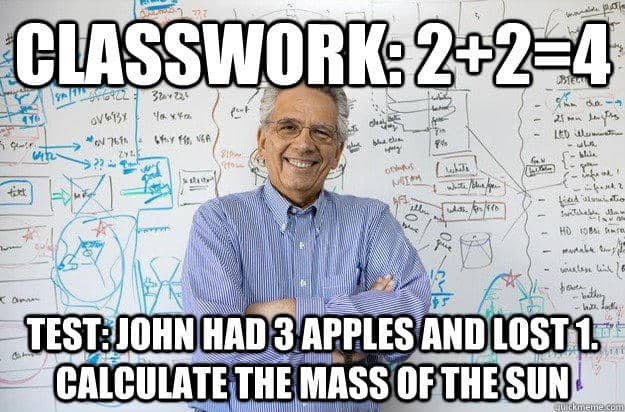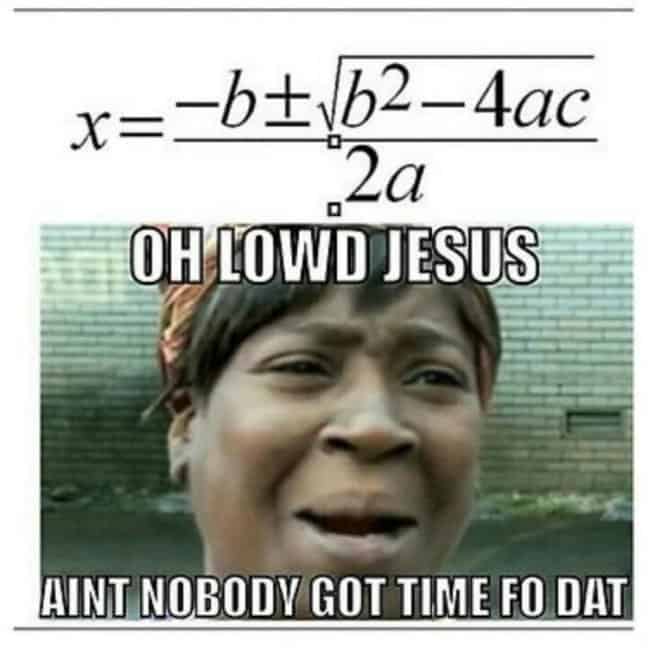What is The Root of a Math Education?

Initially, I believed teaching math to be the passing of endless knowledge and theorems on to students who would remain blissfully unaware of how much math may effect their lives each day. I carried this foolish notion into my first few years of college, and especially through my math courses in high school since that was all math had ever been resented to me as. I know now how much of a fool I was then.

You see, teaching math is more than just lining students up in rows and shouting the quadratic formula at them from across a room. Math is a framework for not just how to do math, but how to approach problem solving and logical application in life. Whereas you learn how to find roots and conjecture about constructions, the true treasure in learning math is learning how to take rigid and (sometimes) flexible lines of thinking into a situation and making sense of it. Rather than just have my students recite a formula or choose the appropriate equation from a choose-your-own-equation adventure book, I want them to understand why they chose to apply a given concept. I want them to be able to link conclusion C with conjecture from B and logical rules established in A. Less than being able to compute problems, I want them to carry that problem solving and determination with them throughout their lives.

When I started thinking less about what I was learning in my math classes and started seeing the potential connections and applications, I found a whole new appreciation for the art of learning and teaching this subject. Rather than just have students be able to regurgitate mathematical tenets and sokve about 3 problems from the back of the book, I want them to get something deeper out of my classes. Instead of telling them something, why not have them work up to that conclusion through clever application of material and careful questioning? Instead of telling them the answer, tell the student to prove to you how they know they have the answer. I find that in most things, the devil is in the details, and nowhere is that more applicable than in the math classroom. The presentation of math to different students can be a make-or-break affair as to whether they will spend time engaging with your material or shut it out forever, upset that they have to continue to perform rigorous calculations for arbitrary points on a page.
I think the most important thing to remember is that developing rapport with your students and showing them that math is not inaccessible is the key. Otherwise, why wil they choose to learn from us? What will they take away from our class if they hate it and us? To me, being a math teacher means putting my kids first and ensuring they get what they need from me to be successful, which is something no formula or theorem will tell you how to accomplish.